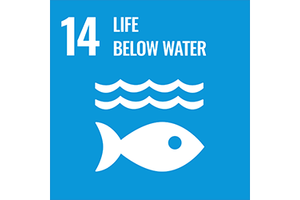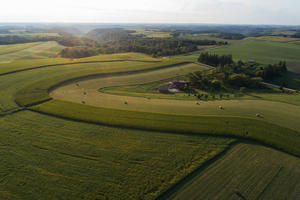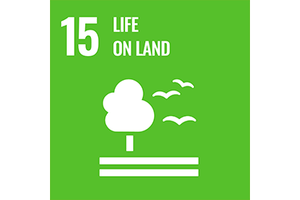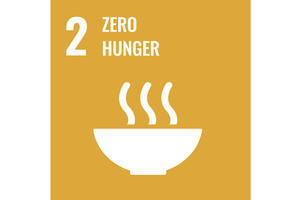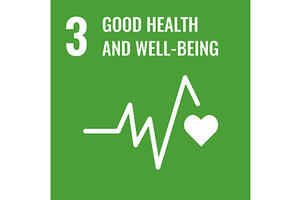CFANS
Contaminants of emerging concern impact fish health in Minnesota waters
Researchers from the University of Minnesota and the Grand Portage Band of Lake Superior Chippewa discovered fish from 18 out of 19 testing sites in northern Minnesota contained contaminants of emerging concern such as pharmaceuticals, hormones and personal care products.
Star Tribune Opinion: Women are the future of agriculture
If not for women entering the farming profession, the next farming crisis might be called "Who will grow our food?"
Scientists document over 500 bee species in Minnesota
Minnesota is home to a great variety of biodiversity due to its position at a confluence of four of the planet’s major biomes — aspen parklands, prairie grasslands, deciduous forest and coniferous forest. Now, University of Minnesota researchers have confirmed the state is also home to 508 bee species, including numerous rare and specialist species that were recorded in the state for the first time.
MPR News: Farming on the frontlines of the climate crisis
Minnesota farmers have identified climate resiliency as their most pressing issue right now, according to the Minnesota Farmers Union. MPR talks to several climate experts, including UMN's Heidi Roop.
U of M to lead new AI Institute focusing on climate-smart agriculture and forestry
The University of Minnesota has received a $20 million grant over five years from the National Science Foundation and the U.S. Department of Agriculture’s National Institute of Food and Agriculture to lead a new National Artificial Intelligence Research Institute.
Minnesota companies debut new foods, whiskey made with Kernza® perennial grain
Whiskey, cereal, pasta, crackers and other goods made with Kernza® perennial grain are increasingly on the market in Minnesota. Tattersall Distilling in Minneapolis recently debuted its Kernza Perennial Grain Whiskey, made with 100% Kernza perennial grain.
U of M researchers develop technique for rapid detection of neurodegenerative diseases like Parkinson’s and Chronic Wasting Disease
University of Minnesota Twin Cities researchers have developed a groundbreaking new diagnostic technique that will allow for faster and more accurate detection of neurodegenerative diseases.
MPR News: New study shows surprising connection between deer and earthworms
Research, recently published in the journal Ecology, shows that in northern forests, the presence of deer substantially increased the number of earthworms.
Unique herd of U of M Holsteins can help reduce mastitis in dairy cows
For almost 60 years, the University of Minnesota has maintained a one-of-a-kind herd of Holsteins. Scientists have now shown these unique “unselected” Holsteins offer considerable potential to help improve health traits of dairy cows.
UMN Student Organic Farm faces uncertain financial future
Students are making a push to secure University funding for the farm, which has provided students with hands-on learning experience for nearly two decades.
